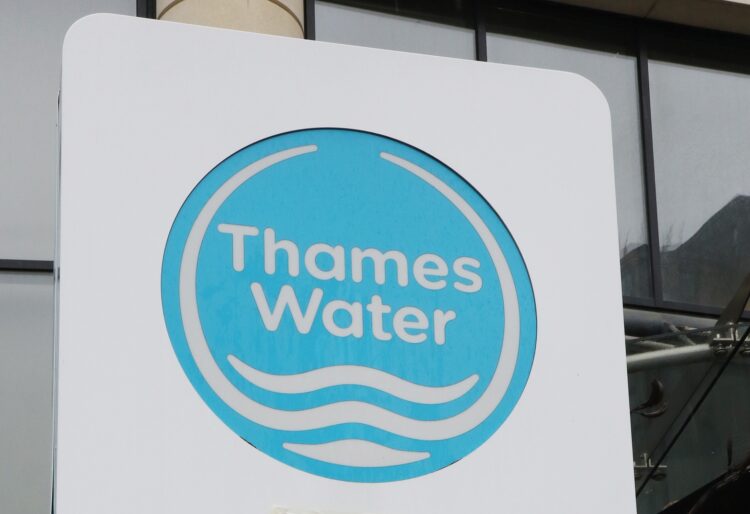THAMES Water has said that higher operating costs are behind the seeking of a higher rate for household bills in a settlement with regulators as it moves forward with securing fresh investment.
It comes after Ofwat refused a bid by the water supplier to raise customer bills by just over 50%, instead settling for an increase of 35% over the next five years.
It agreed with regulators to delay its appeal against this decision while it secured its future amid imminent collapse and rising debt for the company.
Thames Water went to the court of appeal in hopes of gaining approval for a plan which would see £3bn in bailouts from existing creditors to stop it from going into special administration– a form of temporary nationalisation.
In March, it won the approval, which also hinged on the appeal to the Competition and Markets Authority (CMA) to raise bills.
Now that approval has been secured, the supplier is to go ahead with its appeal, which has to be lodged through a formal process by regulators on behalf of the company.
Thames Water has argued that rising operating costs and a “lack of ownership” meant not only that it was falling behind on upgrades to infrastructure but continued struggles for funding.
As such, it would seek to raise bills even further than was agreed by regulators.
Following the decision by the court of appeal, Chief Financial Officer Alistair Cochran stepped down while the company continues to struggle amid rising debts and public scrutiny.
In the wake of its court approval, Thames Water has until the end of June to secure a bid from outside investors or risk relying on monthly funding from current creditors under the approved bailout.
It has announced, however, that a preferred bidder–one of six groups who put forward proposals to buy out the company– has been selected.
An American private investment firm KKE has been chosen as the most likely to have its bid accepted, but the utilities provider has warned that continued fines from regulators could scare investors away.
A bid from KKE could see as much as £5bn in fresh investment in the supplier, but it is unclear what reassurances would be provided to the investors.
Thames Water has explained, however, that most were seeking to mitigate fines or recourse as a result of poor performance.
The extent of this mitigation, and what kind of accommodations would be sought from regulators, has not been clarified.
A successful bid by investors would lead to restructuring of the company in hopes of returning it to stability amid nearly £20bn in debts.
KKR is now set to enter the second phase of diligence checks, which could include examination of its current 25% stake in Northumbrian Water.
Directors at Thames Water released a statement which said: “The company remains focused on putting Thames Water on a more stable financial foundation, implementing its turnaround plan and delivering a market-led solution that is in the best interests of customers, UK taxpayers and the wider economy.”
A spokesperson for the company explained: “Underlying operating costs have increased by around £40 million year-on-year, which has contributed to the increased amounts of planning and delivering these much-needed upgrades.
“Extra funding is essential in order to address customers’ concerns today and ensure the system is fit for the challenges of the future.”












































